Photo credits: The Macon Telegraph
On January 26, 1970, the United States Supreme Court affirmed the Georgia Supreme Court’s decision to close, rather than integrate, a local public park in Macon, Georgia.
U.S. Senator Augustus O. Bacon died in 1914, and his will left the city of Macon, Georgia, with “a park and pleasure ground” for white residents only. It is also worth noting that Senator Bacon was formerly a Confederate soldier and slaveowner.
“In limiting the use and enjoyment of this property perpetually to white people, I am not influenced by any unkindness of feeling. I am, however, without hesitation in the opinion that in their social relations, the two races should be forever separate,” Bacon said.
In 1920, Baconsfield Park was developed as a vast and lovely recreational place.
Senator Bacon’s wishes were granted by the City of Macon, which served for decades as a trustee of the park, deeming it a “whites-only” institution. That changed in 1963 when the city determined that as a public corporation, it could no longer constitutionally maintain segregation.
Dissatisfied, Baconsfield’s governing Board of Managers launched a lawsuit seeking to have the City of Macon removed as trustee so that the park could stay available to whites only.
In May 1963, black residents also filed a lawsuit saying that Baconsfield’s racial restriction violated the Fourteenth Amendment. However, the City of Macon resigned as trustee in February 1964. A few months later, the court installed three private individuals as new trustees, and Baconfield’s racial segregation policy remained in place.
Residents of African ancestry petitioned the United States Supreme Court.
“Given the park’s public character, it must be treated as a public institution subject to the Fourteenth Amendment’s mandate, regardless of who now claims ownership under state law,” the Court ruled in Evans v. Newton in January 1966.
Rather than integrating, the Georgia Supreme Court dissolved the Baconsfield trust and shut down the park. Macon’s black residents filed a second appeal with the United States Supreme Court, arguing that the state court’s judgment violated the Fourteenth Amendment.
On January 26, 1970, the Supreme Court confirmed the Georgia Supreme Court’s decision in Evans v. Abney, writing:
“When a public park is destroyed because the Constitution requires integration, everyone should be appalled.”
Baconsfield Park remained shut down for the duration of the closure and has since been transformed into a strip mall. Senator Bacon’s county in Georgia continues to bear his name.





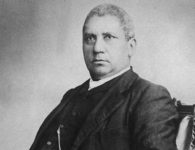

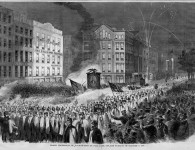





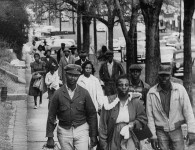

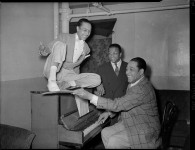



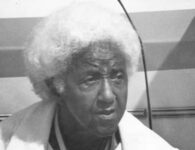

No comments